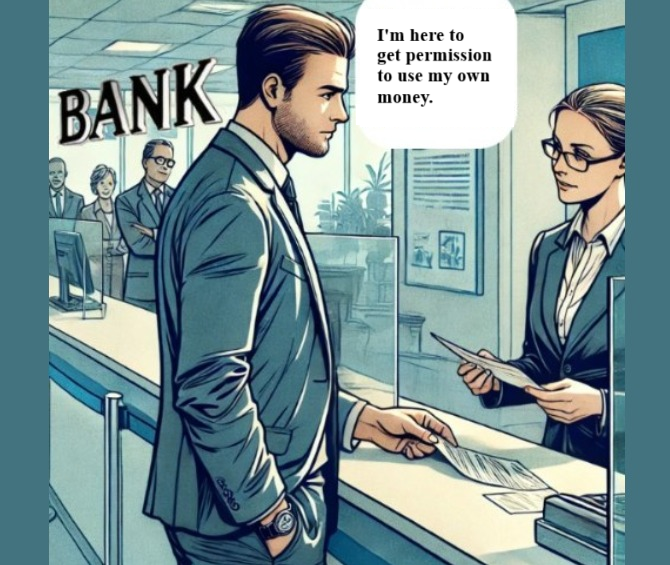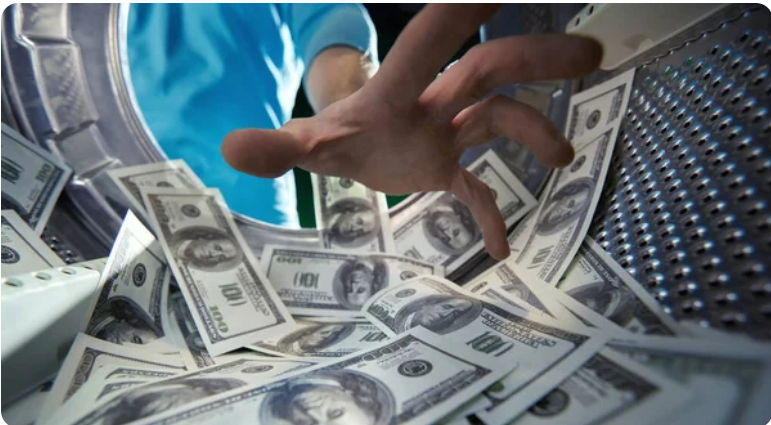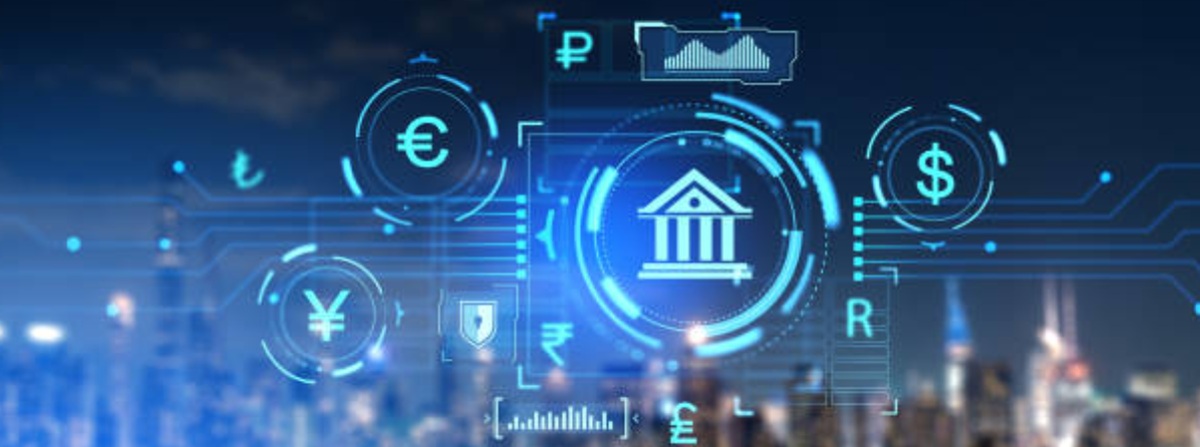10/22/2025
Entire blog as a free PDF eBook.
I’ll start with a story I made up that could happen in the near future.
Franek invited Christina, whom he had met a few days earlier, to a romantic dinner. He was earning well and could afford an expensive restaurant. The meeting went very well. Both were interested in continuing their relationship. When paying, the system rejected Frank’s card, reporting that he lived more than 15 kilometers from the restaurant, so the transfer couldn’t be completed. Fortunately, Christina lived closer, and her card was accepted.

Everything ended well. Or did it? A truly happy ending. When Franek went to his bank the next day, outraged, he had an unpleasant conversation with the bank employee. It turned out that the “problem” of distance wasn’t Franek’s only sin. “Last month, you bought over 170 liters of fuel, and the monthly limit is 150 liters. In this case, the system blocked payments from your account until the end of the month.”
Perhaps it won’t be so bad; perhaps the account will only be blocked for a week the first time? If the computer and its software show human reflexes, Franek will be allowed to use his own money. You probably think that’s utopian?
In the heart of Basel. In a tower that hardly anyone notices, yet is one of the most powerful buildings in the world: the Bank for International Settlements (BIS). It calls itself the “central bank of central banks.” It doesn’t have accounts for us ordinary citizens, but it has a say in how our money will function in the future. And all of this happens behind doors that even the Swiss police aren’t allowed to open. The premises are extraterritorial, the employees enjoy immunity, and their files are sacrosanct. In short: a state within a state, in the heart of Switzerland.
The above excerpt is from an article published on Monday, also in English, on the Swiss website vereinwir.ch: Rosalind & Co.: The BIS is building the operating system for your wallet.

Two years ago, I needed to withdraw a large amount from an ATM and temporarily increased my card’s daily limit. The ATM allowed me to withdraw a maximum of 5,000 PLN (approximately 1,000 euros) at a time. Therefore, I had to repeat the transaction several times to get the required amount. Today, the same ATM limits single withdrawals to 500 PLN (approximately 100 euros). These are signs of the fight against money laundering. Now we know why money stays dirty.

Author of the article: Marek Wojcik
Email: worldscam3@gmail.com
<If you like what I write, it would help a lot to further spread these articles if you share them with your friends on social media.
